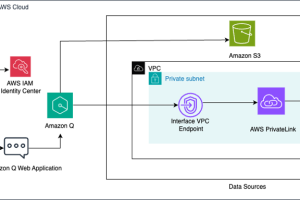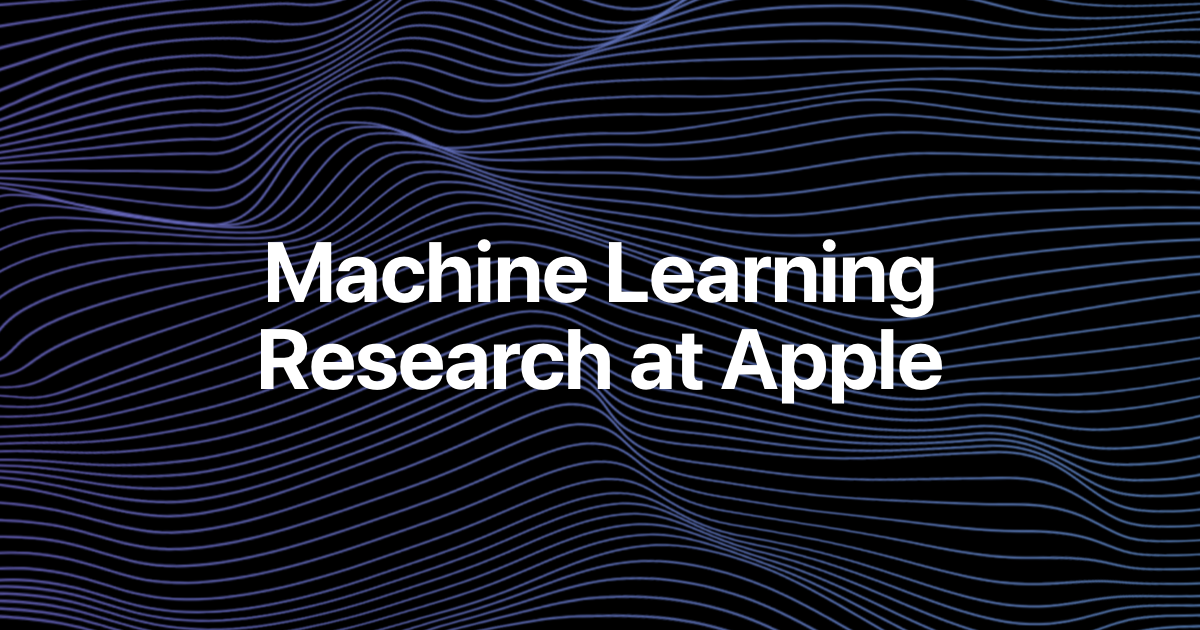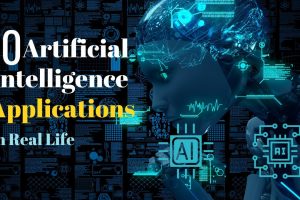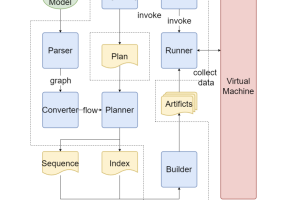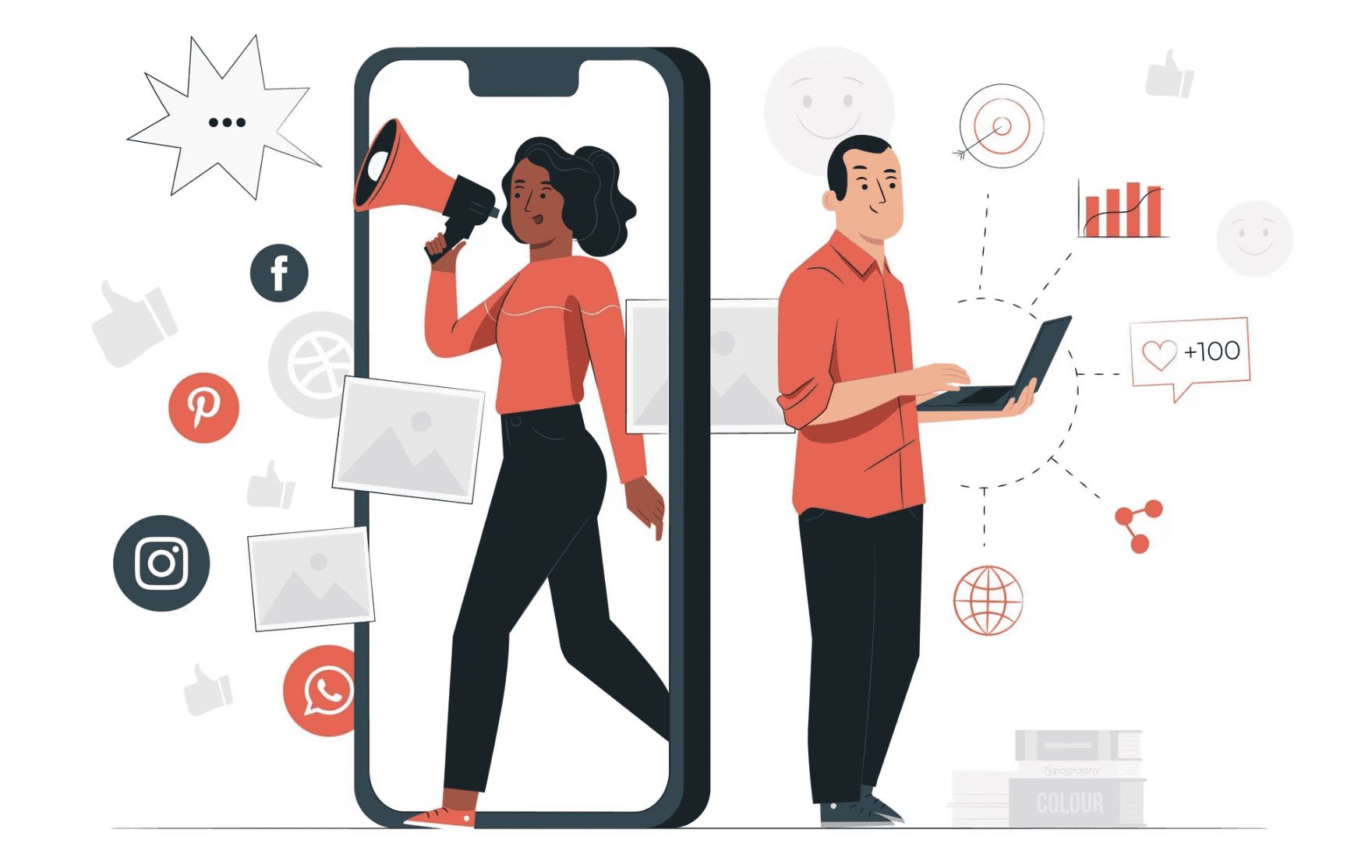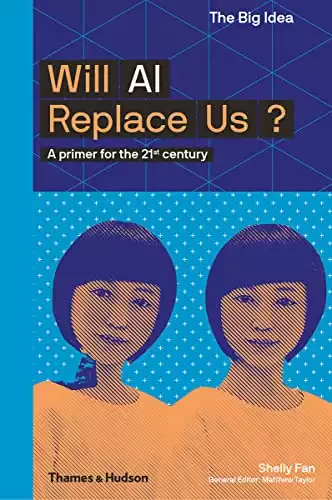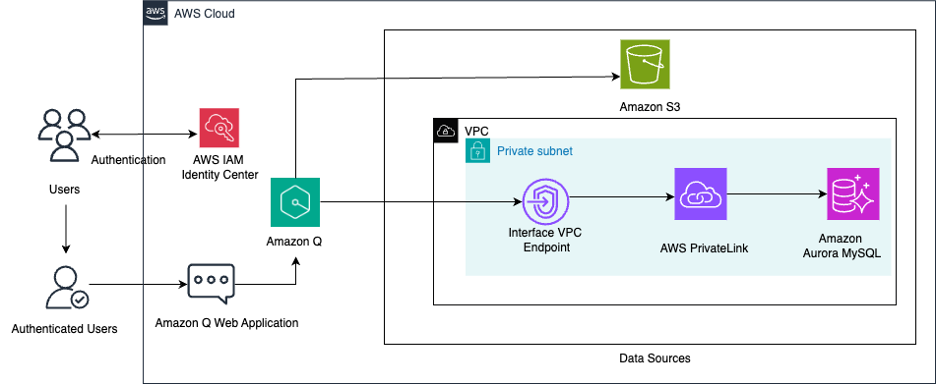Introduction – Loss of Human Connection
In a world increasingly dominated by artificial intelligence, from the conveniences of self-driving cars to the capabilities of neural networks in healthcare, it’s crucial to spotlight the potential disruption to something far more essential—human connection. While the rapid advances in AI technology bring undeniable benefits to society, such as efficiency, convenience, and even intelligence augmentation, they also carry potential risks that can deeply affect our emotional well-being and quality of life. Imagine living in a future where the essence of human relationships, filled with emotional intelligence, understanding, and mutual respect, remains unsullied by the influence of algorithms and automated decision-making systems.
The urgency to protect these core human values escalates as AI’s pervasive role in daily life continues to expand. Thus, as we stand on the cusp of an AI revolution, proactive discussions and actions are needed to mitigate the risk of dehumanizing ourselves, preserving our emotional integrity, and maintaining the societal fabric that makes us inherently human.
The Erosion of Face-to-Face Interaction in the AI Era
The role of advancements in artificial intelligence technologies—be it self-driving cars, automated customer service, or AI-driven healthcare systems—is growing exponentially in our daily lives. These innovations undoubtedly offer remarkable efficiency, convenience, and even a promise of increased quality of life. Yet, with these benefits come substantial trade-offs that affect the core of human society. One glaring issue that we can’t afford to overlook is the gradual loss of face-to-face human interactions. As automated systems take over tasks that once required human intelligence, we find that opportunities for direct, meaningful human contact are dwindling.
The convenience offered by these systems is enticing, luring us into a reality where human interaction becomes secondary or even optional. This shift has repercussions beyond just individual experiences; it can lead to a systemic diminishing of social cohesion and collective well-being. When we replace human interaction with machine interface, we risk losing more than just the exchange of pleasantries—we risk losing the fabric that holds society together. Therefore, this emerging crisis of human disconnection in the age of AI is not just a potential danger but a pressing issue that requires immediate and thoughtful action.
Emotional Intelligence: A Declining Skill Amid AI Integration
Automated decision-making systems are now deeply embedded in various sectors such as healthcare, education, and judicial systems. Designed for peak efficiency, these AI-driven technologies frequently neglect the human element, specifically emotional intelligence. Emotional intelligence is not just a soft skill; it serves as a cornerstone for effective communication, ethical decision-making, and overall well-being. When automated systems step into roles traditionally held by humans, from diagnosing illnesses to assessing legal situations, there’s a real, pressing risk of losing emotional nuance.
This loss is significant because no algorithm, no matter how advanced, can emulate the emotional intelligence innate to human interactions. A dwindling emphasis on emotional intelligence is alarming. Not only does it threaten the quality of human life, but it also jeopardizes essential aspects like mental health and the capacity to form and maintain meaningful relationships. As we continue to integrate artificial intelligence into the fabric of human society, we must remain vigilant in preserving the emotional intelligence that makes us uniquely human.
Also Read: Robots Interacting With Humans
In the 21st century, social networks have become deeply entwined with AI algorithms. These autonomous systems shape connections on an immense scale. But here lies the biggest danger: the authenticity of these AI-mediated relationships is in question. Artificial intelligence excels in data analysis and behavioral prediction but falls short in understanding human emotional complexity. Unlike connections forged through emotional investment and shared experiences, AI-created links are often shallow and transactional.
This issue goes beyond mere privacy concerns; it raises existential questions about the future of the human race. In an age where human decision-making is increasingly influenced by AI, what does it mean for the authenticity of our relationships? The risk of extinction for deep, meaningful human connections is very real. Such connections aren’t just a nicety; they’re a necessity for human well-being. The human body and mind thrive on emotional and social interaction.
The stakes are exceptionally high as we navigate this digital landscape. We must confront these challenges to preserve the essence of human society, which is built on authentic, meaningful relationships. The compromise between technology and human values is a critical issue that needs urgent attention. AI should be a tool that serves us, not a force that dilutes the very relationships that make us human.
Digital Companionship: A Threat to Authentic Human Bonds
AI chatbots and digital assistants are becoming more integrated into our daily activities, offering unprecedented convenience and personalized interactions. But this integration carries a hidden cost: the erosion of genuine human bonds. These digital entities can’t provide the emotional intricacy and moral support unique to human relationships. As individuals grow more comfortable with these superficial, AI-mediated interactions, they might overlook the emotional depth and growth that come from authentic human relationships.
The impact extends to dating and marriage, institutions that rely heavily on emotional intelligence and deep personal connection. Dating apps already employ algorithms to match potential partners. The more we rely on these algorithms, the more we risk neglecting the emotional nuances that algorithms can’t capture. Could this lead to relationships built on compatibility metrics rather than emotional connection? And in marriages, as digital assistants take on more roles, from scheduling dates to resolving conflicts, couples might find they’re losing opportunities to communicate, problem-solve, and deepen their bond. The risk here is that the institution of marriage could become more contractual, less emotional.
This isn’t just a technological transformation; it’s a challenge to the very core of human society. As we offload more emotional labor to AI—whether that’s chatting with a digital assistant instead of a friend, or letting an algorithm choose a life partner—we’re also offloading opportunities for emotional growth. These are opportunities to learn about empathy, compassion, and the complexities of human emotion, lessons that no machine can teach us. So as AI and machine learning continue to progress, we need to be conscious of what we stand to lose emotionally and relationally. The trade-off isn’t just convenience for complexity; it might also be emotional depth for surface interaction, affecting not just individual lives but the future of human connection as a whole.
The Paradox of Connectivity: More Access, Less Intimacy
In an age where social networks and communication apps are abundant, it would seem we are more connected than ever. However, the quality of these connections is often shallow, lacking the intimacy and understanding that come from real-world interactions. This paradox, facilitated by AI algorithms, gives an illusion of social richness while potentially impoverishing actual human connections. Artificial intelligence enables this superficial connectivity, leading to relationships that may be numerically many but emotionally hollow.
Automation and Social Isolation: A Cautionary Tale
AI-driven automation is reshaping our lives. It changes how we work, shop, and interact. But this revolution has a dark side. It cuts down on human interaction. Toll booth operators, cashiers, and other human roles are vanishing. These were chances for unplanned human interaction. Now they’re gone, making social isolation worse.
This isn’t just an individual issue. It affects communities. As machines take over, we talk less to our neighbors. We become more inward-focused. Social fabric weakens. Without regular interaction, empathy declines. People become numbers, not faces. Emotional ties that bind communities start to fray. The absence of these ties can lead to societal decay.
In dating and marriage, the stakes are even higher. Algorithms match people, not human intuition. Emotional nuance gets lost. Marriage could turn transactional. Shared chores and responsibilities could be outsourced to AI. Couples could lose vital interaction time, weakening marital bonds.
The risk extends to emotional and psychological health. Less human interaction means fewer emotional outlets. With no one to talk to, mental health suffers. Loneliness becomes a public health issue.
The trend also raises ethical concerns. Who is responsible when an AI makes a bad call? Is it ethical to let machines make decisions that impact human well-being? These are questions society needs to address.
Automation offers convenience. But it’s stripping away layers of human interaction that we took for granted. As we replace human contact with AI, we lose opportunities for emotional growth and social cohesion. We need to weigh the benefits against the potential erosion of the social fabric that holds communities together. It’s critical to assess the emotional and societal toll of this automation wave. As we gain efficiency, let’s make sure we’re not losing our humanity.
Depersonalization in Healthcare: When Machines Take Over
Artificial intelligence has made significant inroads into healthcare, a domain where human touch and interaction have traditionally been crucial. Algorithms now serve various roles, from assisting in diagnostics to recommending treatment plans. The integration promises remarkable efficiency, reducing the time spent on repetitive tasks and data analysis. Yet, as machines take on roles previously held by humans, we must question the emotional void they leave in their wake.
The absence of empathy and emotional intelligence in AI-driven systems is glaring. Unlike human healthcare providers, machines cannot comfort or genuinely understand a patient’s emotional state. The emotional dimensions of healthcare, from a reassuring touch to compassionate conversation, are beyond the scope of any algorithm. This inability of AI to replicate emotional intelligence is a serious drawback that puts the emotional well-being of patients at risk.
Depersonalization in healthcare is emerging as a significant concern. The risk is not merely academic; it has real-world implications. A patient’s emotional and psychological state can profoundly affect their recovery and overall health. A cold, mechanical interaction devoid of empathy could exacerbate stress levels, possibly affecting the body’s ability to heal and respond to treatment.
While AI holds the promise of revolutionizing healthcare through efficiency and data-driven insights, it lacks the human qualities that are often vital for patient care. Emotional well-being is an integral part of the overall healthcare experience. As AI technologies continue to infiltrate this sector, balancing efficiency with the human elements of care is not just advisable—it’s essential for maintaining the quality of healthcare.
Also Read: How Can AI Improve Cognitive Engagement
Ethical Dilemmas: The AI Impact on Moral Connections
As AI continues to expand its reach, ethical concerns are mounting. While artificial intelligence can execute tasks and even make decisions based on data, it does not possess moral or ethical understanding. This gap becomes apparent when AI-driven systems are used in decision-making processes that have ethical implications. Decisions made without the moral compass of human intelligence can result in ethical lapses, impacting society’s moral fabric and weakening human connections based on trust and mutual respect.
Virtual Empathy: An Oxymoron in the Age of AI
The concept of empathy is deeply human, rooted in our ability to understand and share the feelings of others. AI, for all its capabilities, cannot genuinely offer empathy. Virtual avatars or chatbots programmed to mimic empathetic responses can provide an illusion of empathy but lack the emotional depth and understanding that characterize true human empathy. This limitation poses a significant challenge as people increasingly turn to AI-driven systems for emotional support, risking the dilution of authentic human connections.
Also Read: Will a robot take my job? | The Age of A.I. | S1 | E6.
The Quantification of Social Interactions: Metrics over Meaning
AI is more prevalent in social networks now than ever before. It quantifies human interaction. ‘Likes,’ ‘shares,’ and ‘follows’ have become social currency. These metrics eclipse the true value of human relationships. Algorithms focus on user engagement, not emotional depth. This shift disrupts social norms and raises ethical issues.
Misinformation is another serious concern. Social media platforms use AI to feed us information. But these algorithms can also feed us lies. Misinformation spreads quickly in such an environment. And it’s not just a problem of fake news. The loss of critical thinking makes it worse. We’re offloading more cognitive tasks to AI systems. Fact-checking, data analysis, and even common sense can be outsourced. The result? A spike in misinformation.
This is more than an individual issue. It’s societal. Reduced human interaction erodes community bonds. With less face-to-face interaction, empathy and social skills decline. We become more detached, less human. When a society values metrics over meaningful relationships, it’s at risk. The social fabric weakens.
Social media platforms, fueled by AI, are amplifying this trend. They prioritize viral content, not factual accuracy or emotional nuance. As a result, the quality of public discourse suffers. Misinformation grows, and with it, public mistrust. Ethical questions abound. Is it morally acceptable to allow AI to influence our social and emotional lives this way? And what are the long-term effects on mental health and community well-being?
We’re at a critical juncture. AI offers enormous benefits, but it also poses significant risks. As we integrate it into every aspect of our lives, we must consider its impact on human society. We need to find a balance that preserves our emotional and social integrity while leveraging the benefits of AI.
Parenting in the AI Era
Smart homes and digital assistants are making their way into family lives, impacting not just convenience but also the dynamics of parenting. The potential danger lies in relying too heavily on technology for child-rearing, leading to a decline in quality family interactions. These AI-driven systems may offer practical benefits but lack the emotional richness that forms the basis of effective parenting. Intelligence in education provided by AI tools can never replace the emotional nurturing essential for children’s overall development.
Understanding Emotional Detachment
As we become more engrossed in a world facilitated by AI-driven systems, emotional detachment emerges as a significant issue. We find convenience in digital assistants and automated decision-making but risk losing the depth and subtlety that characterize human interactions. Neural networks can’t replicate the complexity of human emotions, making the detachment not only a psychological issue but also a challenge to human society. The detachment could lead to a compromised sense of empathy, a core element in maintaining the fabric of social connections. Recognizing this risk is crucial for evaluating AI’s overall impact on human life.
Also Read: Can An AI Be Smarter Than A Human
Conclusion
AI has transformed our lives. It offers great advantages but also brings security risks. One overlooked impact is how it erodes human connection. This erosion has a ripple effect. It affects our quality of life, how we make decisions, and the future of meaningful relationships.
Privacy is another major issue. AI collects massive amounts of data. It knows what we like, where we go, and who we talk to. This data is valuable but also risky. Hackers can misuse it. Governments can abuse it. The erosion of privacy is real and immediate.
Now, consider the effect on relationships. AI-driven platforms guide our social interactions. They suggest friends, measure compatibility, and even automate conversations. The result? Relationships become transactional. We lose the depth and nuance that make human connections special. The risk here is that meaningful relationships could become endangered, or worse, extinct.
This extends to decision-making. We rely on AI to choose what we see, read, and buy. Over time, we risk losing our decision-making skills. We become passive consumers of choices made by algorithms. Our mental muscles weaken, leaving us vulnerable to manipulation.
Don’t forget about quality of life. Social isolation increases as human roles are automated. With fewer opportunities for real interaction, loneliness becomes a public health issue. The long-term effect on mental health is worrisome. A life dominated by screens and algorithms is a poor substitute for a life enriched by genuine human interaction.
Moving ahead, evaluating these risks is vital. A nuanced approach is necessary. While we should embrace AI’s benefits, awareness of its potential dangers is essential. Addressing these challenges benefits not only us but also future generations. Considering the long-term effects on human well-being is obligatory.
References
Luberisse, Josh. Algorithmic Warfare: The Rise of Autonomous Weapons. Fortis Novum Mundum. Accessed 6 Sept. 2023.
Sabry, Fouad. Artificial Intelligence Arms Race: Fundamentals and Applications. One Billion Knowledgeable, 2023.
—. Autonomous Weapons: How Artificial Intelligence Will Take Over the Arms Race? One Billion Knowledgeable, 2021.
Slijper, Frank, et al. State of AI: Artificial Intelligence, the Military and Increasingly Autonomous Weapons. 2019.


